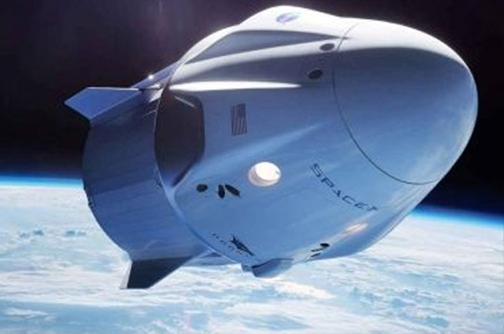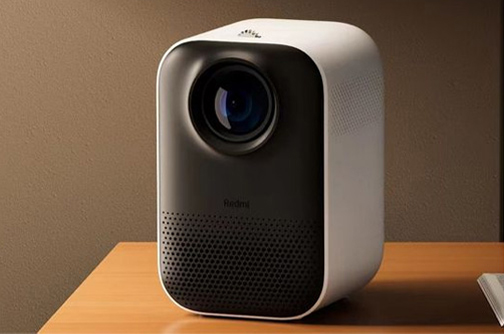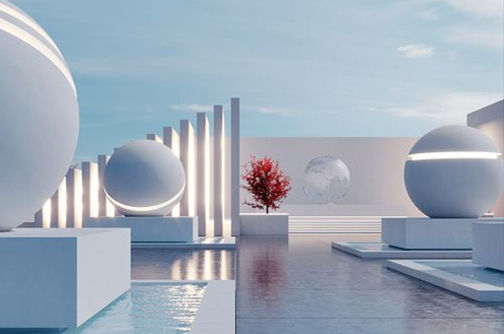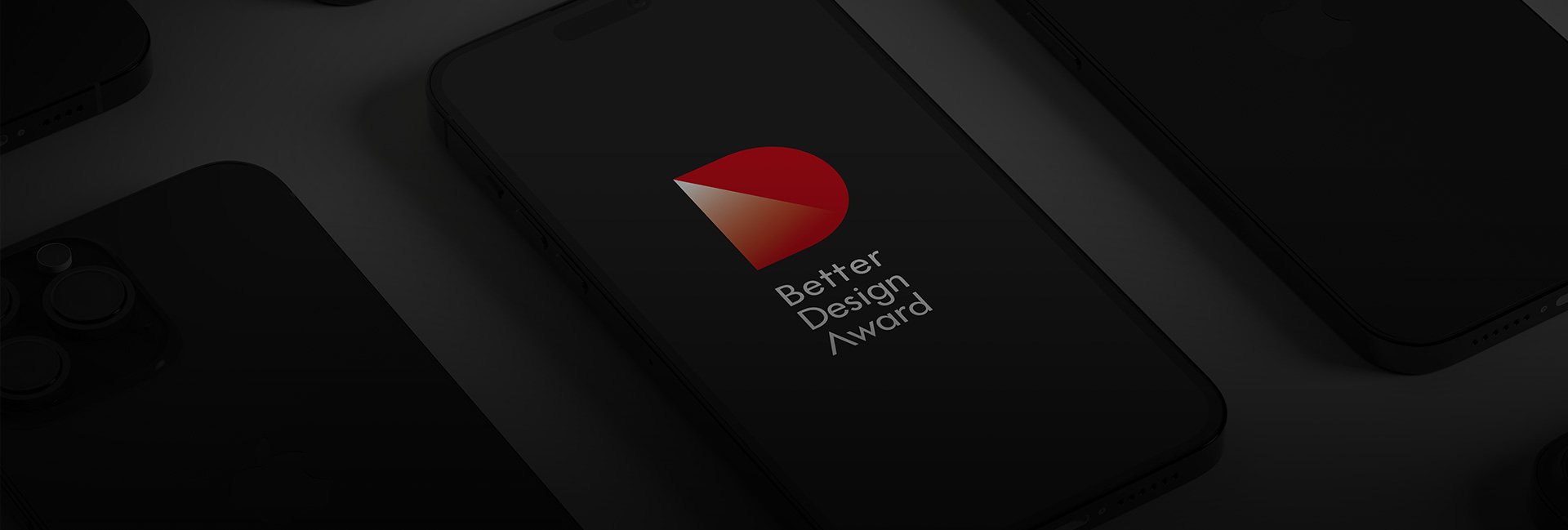The product design category includes one main competition and one special competition. The main competition is divided into three groups: Industrial Cornerstone, Better Life, and Future Design. The special competition focus on specific design needs, soliciting outstanding design works, particularly in the fields of "Artificial Intelligence and Robotics."
Industrial Cornerstone
Focuses on B2B, B2G products, and public facilities. It emphasizes how design can drive industrial transformation. Categories include, but are not limited to: Equipment manufacturing (e.g., aerospace and marine equipment), cutting-edge machinery (such as low-altitude aircraft, new energy equipment); General and specialized equipment; Public infrastructure; Components, materials, software, and technologies that play a pivotal role in industrial innovation.

Better Life
Targets consumer-facing products (B2C), highlighting how design enhances everyday life. Includes, but is not limited to: Products and services for travel, office, home, and other lifestyle scenarios.

Future Design
Focuses on conceptual designs not yet in mass production or on the market (as of the submission date). Emphasizes visionary and forward-thinking design.

Special Competition: AI and Robotics
This Special Competition focuses on the integration of design with AI and robotics technology. AI Projects should demonstrate applications of artificial intelligence in areas such as intelligent manufacturing, smart healthcare, smart mobility, and smart homes, with an emphasis on real-world industrialization. Robotics Projects should reflect innovative designs and applications of robotics in fields such as industrial manufacturing, service industries, healthcare, and education/entertainment, promoting the broader adoption and commercialization of robotic technology.

Participants
For manufacturing companies, design agencies, designers and colleges, individuals or teams all over the world
Way of Participation
By social selection and nomination.
Registration Requirements
1.Product Design: The product must be launched within two years (after May 2023), or be an unpublished product that can be mass-produced before the BDA Award Ceremony, and must provide a complete functional prototype for the Secondary Evaluation. The lead designer or design team must hold the relevant intellectual property rights, and the product must comply with national industry policies and relevant technical standards.
2.Concept Design: The work must be an original design or proposal that has not been sold or produced in the market. The physical prototype must be provided for the Secondary Evaluation and final evaluation, along with a video presenting the complete design concept. The design must show significant innovation in terms of function, structure, form, technology, materials, and low carbon impact.
3.Each entry may only be submitted in one category. Works that have been submitted in previous editions cannot be re-entered.
4.All entries must be original, innovative projects with legal participation rights, with no intellectual property disputes and no infringement of third-party intellectual property, ownership, usage, or disposal rights.
Evaluation Procedure

Preliminary Evaluation
All entries are evaluated by online text description and pictures provided by participants.

Secondary Evaluation
All entries are evaluated by text description and physical products provided by participants.

Final Evaluation
All entries are evaluated by text description, physical products and participants need to make open reply.
This category focuses on innovative industrial systems and improvement strategies. It seeks solutions that: Redesign the allocation of industrial resources; Define new industry roadmaps, market positioning, policies, security frameworks, and cultural strategies. Entries should leverage design thinking to drive innovation in user experience, services, and business models. The emphasis is on submissions that embody: Early-stage design integration, Collaborative innovation, Shared production capacity, and Autonomous, controllable industrial and supply chains. Eligible submissions include system-level industrial model solutions, new production service models, and foundational research projects in design.
Participants
Companies and design institutions in any country and region in the world.
Way of Participation
Candidate enterprise nomination. The nominees identified by the Organizing Committee will recommend the qualified candidates.
Participation Requirements
1.Design for Industry: The work must be a complete project with a clear feature of "design-driven industry transformation and upgrade." It must demonstrate innovation, exemplary qualities, and industry value. The participant must submit design outcomes, promotional effects, and industry advancement results (such as economic data, industry chain development, etc.).
2.All entries must be original, innovative projects with legal participation rights, with no intellectual property disputes and no infringement of third-party intellectual property, ownership, usage, or disposal rights.
Evaluation Procedure

Preliminary Evaluation
The Organizing Committee will conduct online preliminary review and evaluation of the nominated candidates, and eliminate the candidates that do not meet the competition requirements.

Secondary Evaluation
Evaluate the offline physical products, text description and pictures.

Final Evaluation
Evaluate the text description, physical products, and participants need to make open reply.
Hosted by:
Organizing Committee of the Better Design AwardPartner Institutions:
Central Academy of Fine Arts, Academy of Arts & Design,Tsinghua University, Tongji University, Guangdong University of Technology,Guangzhou Academy of Fine Arts, Shenzhen University,Shenzhen Technology University, World Design Organization,World Green Design Organization, Hong Kong Design Centre,Hong Kong Federation of Design and Creative Industries,Hong Kong Designers Association, Macau Design Centre,Macau Product Designers Association, Guangdong University of Technology Huateng Private Equity Investment Fund, Design Capital of Guangzhou, andother institutions
